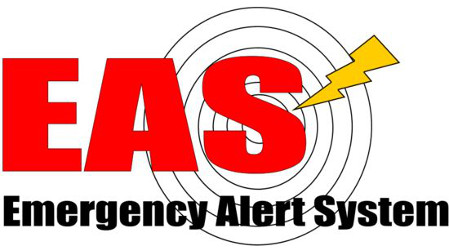FCC Releases New EAS Guide
The professional video industry's #1 source for news, trends and product and tech information. Sign up below.
You are now subscribed
Your newsletter sign-up was successful
WASHINGTON—To help small businesses, nonprofits and small governmental jurisdictions comply with its latest EAS rules, the Federal Communications Commission has released the “Small Entity Compliance Guide Review of the Emergency Alert System.” Read it here.

Last year, the commission adopted an order resolving a petition filed years before by the Independent Spanish Broadcasters Association, Office of Communication of the United Church of Christ Inc. and Minority Media and Telecommunications Council. It revised Part 11 EAS regulations to establish certain reporting requirements applicable to EAS participants, including radio stations, and to State Emergency Communications Committees.
By Nov. 6, 2017, EAS participants must now share:
· A description of actions they have taken to EAS alert content available in languages other than English to its non-English speaking audience(s).
· A description of any future actions planned by the participant, in consultation with state and local emergency authorities, to provide EAS alerts in languages other than English to its non-English speaking audience(s), along with an explanation for the decision to plan or not plan such actions.
Also, by May 4, 2018, SECCs must provide a summary of such information received from EAS participants as an amendment to included in their State EAS Plans.
It also said that within 60 days, EAS participants have to report any notable changes to information reported earlier, writing to their respective SECCs and chief of the FCC’s Public Safety and Homeland Security Bureau. These will then be considered amendments to the State EAS Plans.
The professional video industry's #1 source for news, trends and product and tech information. Sign up below.
And the commission encouraged participants to provide SECCs with further information such as state-specific demographics on languages spoken and identification of resources used or necessary to originate current or proposed multilingual EAS alert content, as well as pilot projects or other initiatives that involve translation technologies or other approaches to providing non-English alerts and emergency information.
This story originally appeared on TVT's sister publication Radio World.
